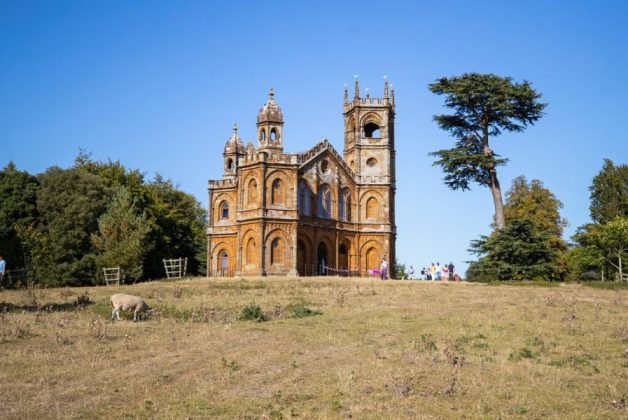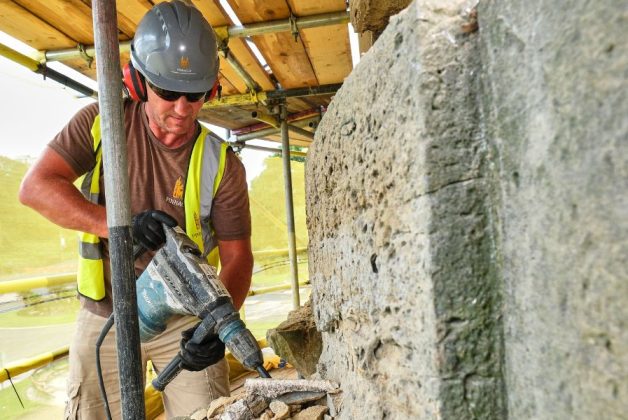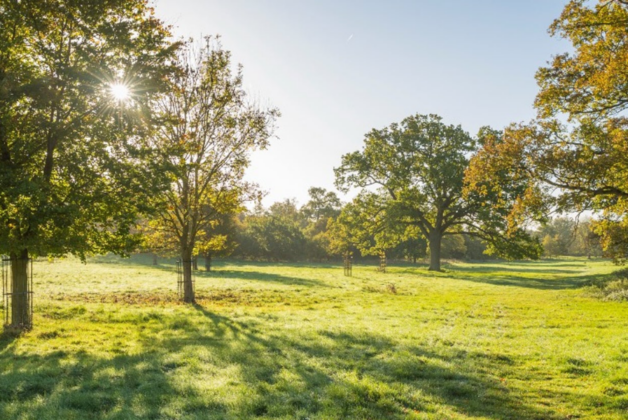From tomorrow Heritage Open Days will see thousands of museums and heritage attractions open up for free with this year’s theme Treasure Your Treasures. Here we quiz the heritage festival’s media manager, Harriet Roberts about its origins, importance and popularity
What are the aims and ambitions of Heritage Open Days?
Heritage Open Days was established in 1994 as England’s contribution to the European Heritage Days and has since grown into the country’s largest heritage festival. In 1991 the Council of Europe and the European Commission set up European Heritage Days to raise appreciation for Europe’s rich and diverse cultural assets and their need for care and protection. The central principle was as simple as it was compelling: to throw open the doors to historic monuments and buildings, in particular those normally closed to the public. Today, they are held annually in September in 50 signatory states to the European Cultural Convention. Each country running it in their own way, the festival not only highlights the dazzling diversity of Europe’s heritage, but also its intercultural links.
What targets are set each year?
Each year we aim to increase the breadth and diversity of our programme: reaching out to new organisers in order to raise the profile of heritage to the widest number and type of people as visitors and participants.
What makes the festival special?
Heritage Open Days is special because it’s the biggest grassroots celebration of cultural and history in the UK, and it’s completely free of charge to enjoy. For four days, every September across England, bands of bell ringers will ring the changes in church towers and cathedrals, costumed interpreters will bring to life historical heroes and heroines, stories are shared, doors to hidden places unbolted and gates to secret gardens flung open. More than 45,000 people step up to the mark to give their time, creativity and skills in a cavalcade of free walks, talks, tours, open houses, exhibitions, performances and demonstrations.
How is the festival managed and organised?
The festival is coordinated centrally by a small team at the National Trust with financial support from the players of the People’s Postcode Lottery. Organisers register with Heritage Open Days through an online platform and receive regular updates, information and guidelines with opportunities to take part in regional organisers’ fairs. There are also media training workshops, guidelines for marketing and promoting your event and an opportunity to apply for free branded materials such as banners, balloons, signage and stickers.

What help and support do you get from outside organisations and individuals?
We simply couldn’t do what we do without the 5,000 organisers and 45,000 volunteers – most of them unpaid, who make Heritage Open Days happen. We are grateful that this is the second year that we have received £150,000 from the players of the People’s Postcode Lottery. We have an active patron in heritage champion, broadcaster and author, Loyd Grossman, who launched our festival at RIBA in July. We link up with partner organisations across the sector including RIBA, Visit England the Landmark Trust. This year we are working closely with the Capability Brown Festival and the Central Council of Church Bellringers that has levered a media partnership with a network of BBC coverage to raise the profile of the tradition of change bell-ringing.
Why do you believe it is important that communities appreciate and experience their local heritage and what benefits does this bring?
A survey by Heritage Open Days has revealed that becoming a tourist in your own town can make you feel better about yourself, healthier and more relaxed as well as having a significant impact on the wellbeing of your own community.
Why do you think Heritage Open Days are so popular?
Heritage Open Days allows us to reach beyond our boundaries to help people, families and communities form connections with their local heritage and look after the places they love.
What have been the challenges and how have you overcome them?
There are always financial challenges to maintaining a festival of this size that is completely free to take part in and to access. This is the second year that players of People’s Postcode Lottery will co-fund Heritage Open Days with £150K, alongside invaluable support from the National Trust, our host.
How much has the appreciation and care of heritage changed in the past 22 years?
The increasing diversity of the range of Heritage Open Days events means that the festival is constantly evolving, with a growing number of activities reflecting on cultural, people, stories and traditions as well as the buildings bricks and mortar of our history

What is the theme for this year’s festival and what can participants expect?
‘Treasure Your Treasures’ is the theme for this year’s annual four-day festival, which calls on communities to champion their local heritage and show their support for cultural and historic assets on their doorsteps. Visitors are encouraged to capture themselves on camera with the objects, people or places that they treasure and to share their stories online via social media using the hashtag #TreasureYourTreasures. Specially made Heritage Open Days frames will be positioned in each region at some of the free events for people to put themselves in the picture together with or in front of their treasures.
The ‘treasures’ theme comes following the results of a straw poll by Heritage Open Days, which showed that 95 per cent of Heritage Open Days’ organisers had fears about the future of places like museums, galleries, archives, theatres, parks and historic sites in their own communities, which may be facing financial uncertainty. 225 local organisers responded to the survey about their treasures and their level of concern about the effects of funding cuts. They felt overwhelmingly that Heritage Open Days had an important role to play in supporting the future of their local treasures.





